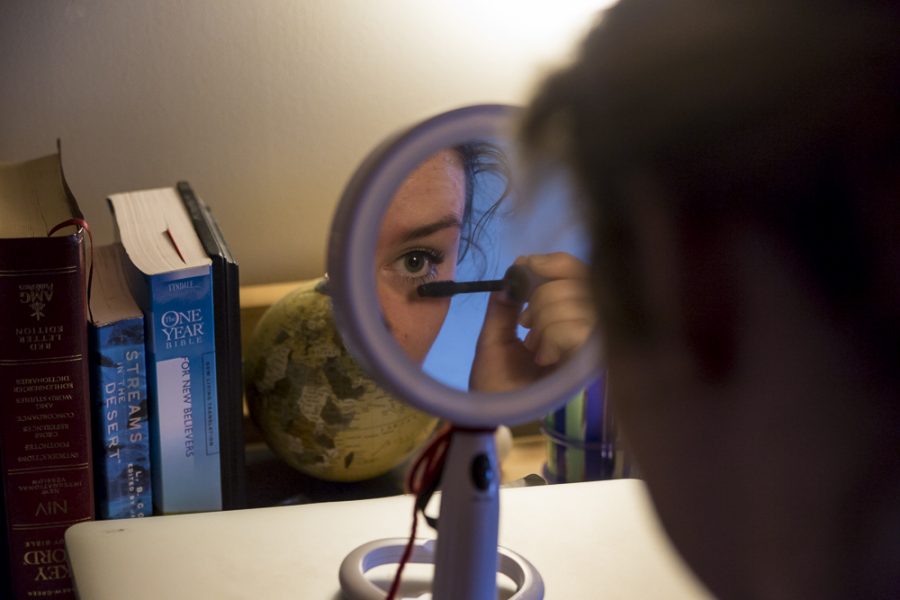Acceptance of the ugly
Body acceptance movements regarding the media’s portrayal of beauty ignore human dignity and value
May 11, 2015
The controversial atmosphere surrounding much of the body acceptance movement comes as a surprise to many. Its simple message encouraging men and women to love and accept their bodies, tall, short, slim, bulky or curvy, seems like a righteous cause, yet every magazine or runway featuring a plus-sized model receives a shocking amount of backlash. Those who perpetuate the opposition to this facet of the movement often argue featuring plus-sized models and other similar actions encourage an unhealthy lifestyle and romanticizes real problems.
GOOD INTENTIONS
Yet, on the other side of the spectrum, many proponents of the mainstream body acceptance movement insist people should not judge the health of an individual based upon their appearance and that therefore, we must believe that everyone possesses beauty in their own way. Both sides of the debate appear to possess good intentions as one wishes to focus on the importance of health, whereas the other focuses on pure acceptance.
WELL-INTENTIONED ENCOURAGEMENTS
However, both of these perspectives fall prey to a fatal assumption in their reasoning that serves to stunt any real progress.
Undoubtedly, many have heard or read the phrases, “real women have curves,” or “men like some meat on girls’ bones.” Although well-intentioned as encouragements to women who feel marginalized by the media’s inundation of photos of almost exclusively tall, slim women, the message proves detrimental to the core values of the body acceptance movement. These types of statements imply that ultimately what makes these people beautiful is that other people find them beautiful and not that they are beautiful on their own accord.
DESTRUCTIVE STANDARDS
Those who protest, claiming that body acceptance condones harmful habits, imply another standard of beauty — health. Like supporters of body acceptance, many times these individuals do not make their statements with ill-intent, but genuine concern. In theory, health may seem like the most objective way of determining beauty. Scientists have done numerous studies on the influence of symmetrical faces, genetics, hormones and waist-to-hip ratios on perception of beauty, but this still varies by culture and by the individual.
However, using health as the ultimate standard of beauty poses significant other problems as well. It implies that having a chronic illness or disability excludes someone from possessing beauty when this obviously is not the case. Although we should encourage health in whatever way we have the capacity to, health cannot constitute the absolute standard for beauty.
These destructive standards merely highlight that within the body acceptance movement lies a taboo of the word “ugly” as though it remains a characteristic we must avoid above all else — more than greed or pride or unkindness. When we focus on defining beauty as simply health or the perception of attractiveness, we fail to acknowledge the beauty of the intrinsic value of humanity. Yes, we must continue to tell men and women they are beautiful whatever their shape or size, but not only because they are healthy or people find them attractive. We must tell them they are beautiful because they are humans with dignity and value.







